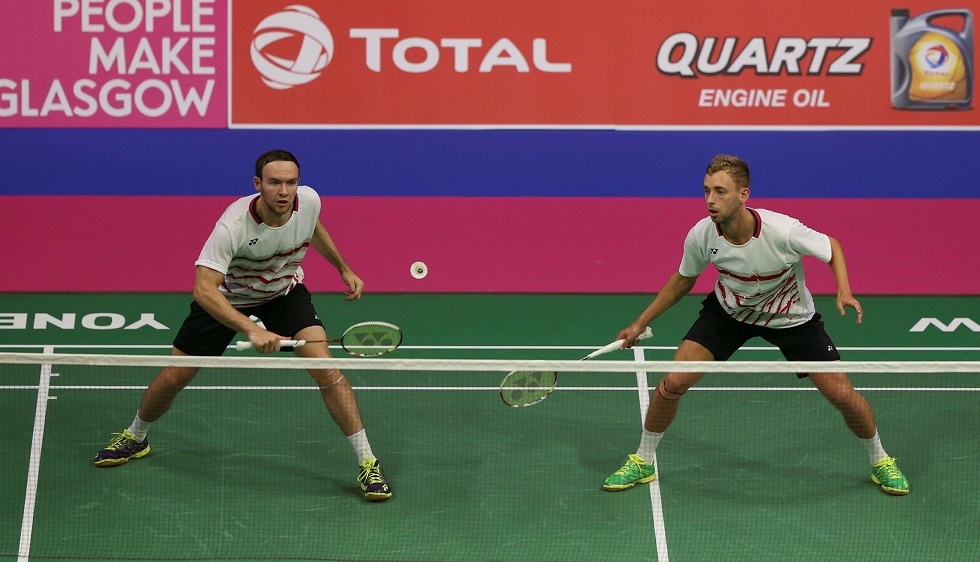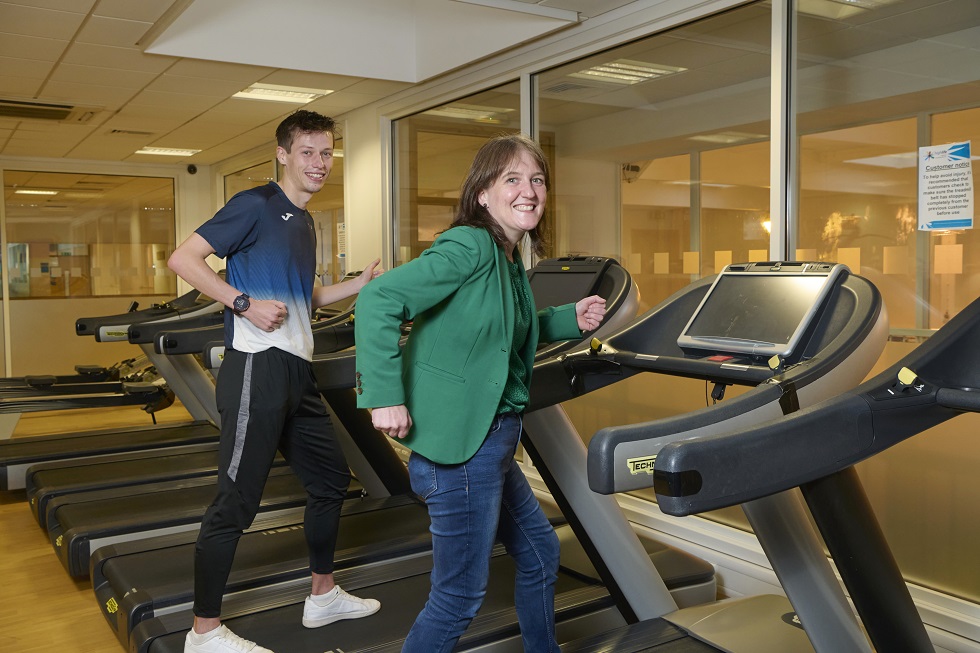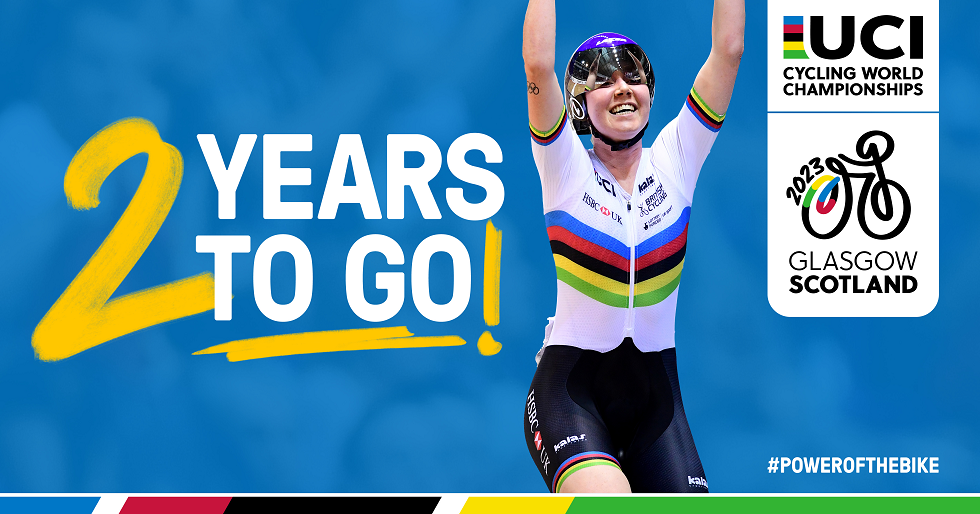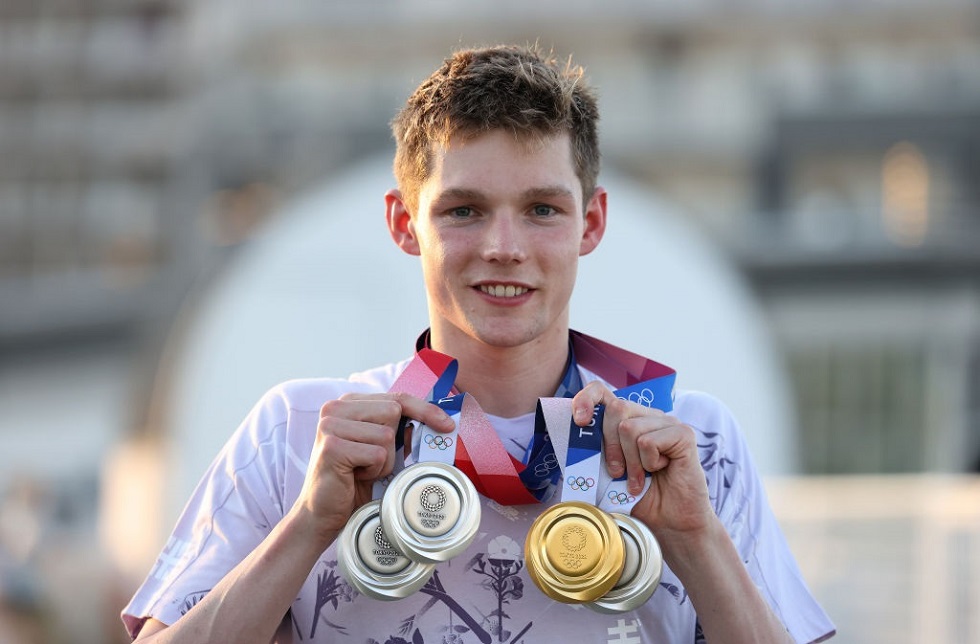For many people retiring at 28 might seem like a dream come true, but for most athletes outside of the main professional sports, it’s not financially viable - a fact Scottish badminton player Martin Campbell knows only too well.
Martin, 30, originally from Edinburgh but now living in Glasgow, represented Scotland in badminton at two Commonwealth Games and won a bronze medal at the 2008 Youth Commonwealth Games in India.
Plan A
Despite studying for a degree in Maths and Management at Loughborough University when he was competing, Martin’s focus was always on ‘Plan A’ – being a successful badminton player.
It was only when he called time on his badminton career after the 2018 Commonwealth Games on the Gold Coast that he gave himself time to think about what might lie ahead and contacted Chris Volley, performance lifestyle adviser at the sportscotland institute of sport, to discuss his options.
A positive impact
Martin said: “It can be quite daunting when you stop playing sport, if I’m honest. When you’ve done something since the age of 10 and it’s been your whole life and a major part of your identity, and then all of a sudden you’re out in the big, bad world where you don’t necessarily have the protection of a team around you, it can be difficult to make the transition.
“With Chris, it was great just being able to speak to someone that didn’t know me so didn’t have any preconceived ideas about me.
"Sometimes it’s hard to fully open up to a family member whereas with Chris, it was someone who genuinely had my best interests at heart and just wanted to help me. And that’s really what I hope I am doing now for other people.
“We spoke about what my values were, what was important to me going into that next phase of my life. Things like being able to make a difference, a positive impact on someone else, were really important to me so it was a case of aligning that to something I was passionate about.
“It was really helpful, mentally, to be able to run through ideas with someone and not just be inside your own head. It was great to have someone to talk to, feel you had that support and then having a plan afterwards, something you can execute rather than just talk about it. It’s similar to what you do as an athlete working on a plan with your coach, it’s just a different area of your life now."
Values and interests
Having been an athlete and a coach himself - he led Scotland’s triathletes to their best ever Commonwealth Games in Glasgow in 2014 - Chris had the experience and empathy to understand what Martin was going through.
He said: “We’ve been doing this process for a good couple of years. We started with the basics of getting him to explain his current situation, his thoughts and feelings and it probably took a couple of meetings before he was able to articulate where he was and what interested him moving forward.
“I set him some challenges to go away and explore and he was then able to pull together some deep, honest reflections about what his values were, what really interested him, and when he was able to cross-reference those two things it sharpened up fairly quickly.”
Navigating life after sport
Martin explained: “I was always quite numerical and analytical, but I knew I didn’t want to do something like number crunching, sitting behind a desk, not seeing people. I enjoy building relationships and wanted to do something to help other people.
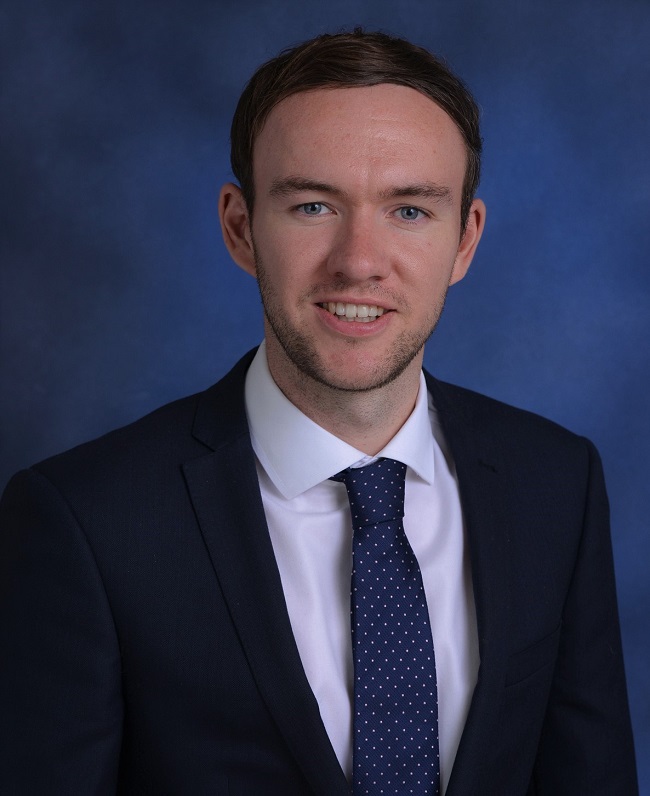
"Personal finance was something I was always interested in as an athlete but struggled to find the right information.
"It just struck me that there must be a better way to do that, which is why I went through my training to set up my business alongside wealth management company, St. James’s Place.”
Chris is in no doubt that Martin will go far. He said: “I think it’s fair to say that Martin had already built a strong foundation of skills and experiences from his time in both elite sport and academia.
"He was already someone with high self-awareness, a worldly perspective and a proactive attitude and would probably have found a way to make things work regardless of any support around him.
"That’s not to diminish the work of our organisation or Badminton Scotland, he’s had good people around him, but his communication and rapport building certainly helped him to engage well with the available support.
"Through our time working together, he was able to navigate a route towards aligning his ambitions, skills and values to create a confident path into life after elite sport. It was a really great process to be part of and I am confident his post-sport career will be every bit as successful as his playing career.”
Giving back
Martin added: “It’s been a real eye-opener for me, learning about all the opportunities out there and challenges that need to be addressed.
"Looking back, maybe 10 years ago when I was an athlete, if I’d had that level of information things might have been different in terms of me transitioning into my next career.
"I know the monetary side of things can be stressful for athletes during their playing career, but also afterwards, so having a financial support system when transitioning into that next phase of your career could be really helpful.
“If I can help athletes with that side of their life while they compete so that they don’t have to worry about their finances, or just have someone they trust to speak to who can help them understand the jargon and complexity of this industry, that would be really satisfying.
"It’s important for me to be able to give something back as much as it is to build the business.”

